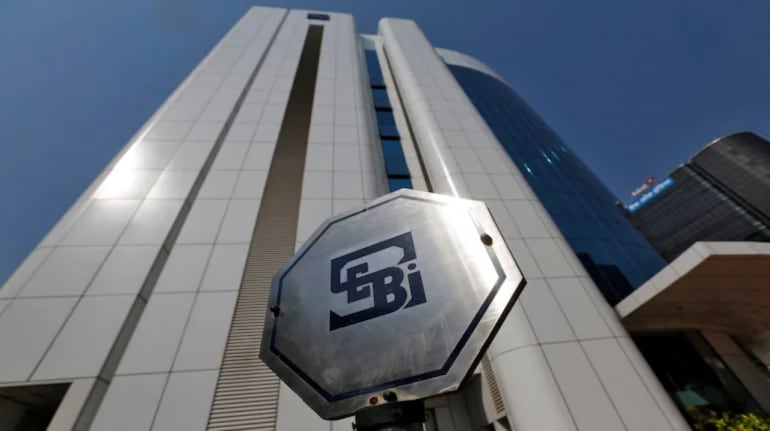



India’s market regulator has set up a committee to look into lapses at the National Stock Exchange of India during the tenure of its former chief executive officer, Chitra Ramkrishna, and suggest ways to strengthen such vital institutions, according to people familiar with the matter.
The panel will assess shortcomings of internal control systems and compliance practices at the nation’s biggest stock exchange, the people said.
The committee constituted by the Securities and Exchange Board of India is expected to identify the reasons for the lapses at various levels, including the board, the regulator and the government, and suggest checkpoints and stricter controls so that such issues don’t crop up again.
The committee will be led by G Mahalingam, a former wholetime director at SEBI and chairperson of the Advisory Committee for SEBI Investor Protection and Education Fund. A former regional director of the Reserve Bank of India, Mahalingam was also a visiting faculty member at the National Institute of Securities Markets, an educational initiative of SEBI.
SEBI charged Ramkrishna and other NSE officials in February with alleged governance lapses and violation of securities contract rules in the hiring and appointment of Anand Subramanian as chief strategic advisor and his subsequent re-designation as group operating officer and advisor to MD.
Co-location caseThe market regulator also said Ramkrishna had shared certain confidential internal information, including financial and business plans of the NSE and financial results, with a mysterious “Himalayan yogi” who was also consulted over employee performance appraisals. Ramkrishna revealed that she was guided by the “Himalayan yogi” in taking key business decisions.
Ramkrishna is currently in judicial custody in connection with what’s come to be known as the co-location case, where certain stock brokers were said to have benefitted from preferential access to information on the NSE’s servers during 2010-2015.
The NSE is the world’s largest exchange for derivatives trading and had reached an average daily turnover of Rs 2 lakh crore last year. It is ranked fourth in the world in terms of number of trades for the cash equities segment.
SEBI wants to clean up and streamline existing systems and practices by uncovering the root causes of wrongdoings and the efforts made to cover them up.
According to the regulator, the NSE is not just a commercial entity but a market infrastructure institution (MII), a term that includes stock exchanges, depositories and clearing houses, which form a key part of the nation's vital economic infrastructure.
The term ‘market infrastructure’ denotes fundamental facilities and systems that serve the Indian capital markets.
All MIIs have the two responsibilities: They are the first-level regulators and they must keep a record of price-sensitive information. Regulatory protection is an important part of their job and hence, secretarial and audit committees need tightening and must look into all aspects of day-to-day functioning of the exchange.
Secondly, they are a public utility because of which fair and equitable access is important. This makes cybersecurity another area that needs to be beefed up.
Key aspectsAccording to the people aware of the development, the committee will deep-dive into five important aspects in order to bring back the trust and confidence of investors.
Commercial: The commercial aspect is key because an institution like the NSE must be profitable to function smoothly and be able to upgrade its trading and security systems and launch new products.
Technology: MIIs should be well-equipped to deal with the day-to-day complexities of business. For this, it must invest in technology – to facilitate the delivery of regulatory requirements more efficiently and effectively and to support supervision in terms of proactive monitoring of risk and compliance at financial institutions.
Evaluation metrics: The committee will aim to design comprehensive metrics on which MIIs will be evaluated and officials will be held accountable.
“Private profit and public loss will have consequences,” one official said while emphasising that the new compliance and control systems must be watertight.
Omission and commission: Errors of omission and commission will have to be stopped at all costs. The emphasis of the committee will likely be on reducing errors of omission.
“If you’re aware and didn’t bring what’s going wrong to the notice of the management/board, you’re complicit,” the official said.
Structure: The committee may also look into a governance structure that will enable tighter compliance and better oversight to prevent shortcuts and protect the system from being hoodwinked.
Discover the latest Business News, Sensex, and Nifty updates. Obtain Personal Finance insights, tax queries, and expert opinions on Moneycontrol or download the Moneycontrol App to stay updated!
Find the best of Al News in one place, specially curated for you every weekend.
Stay on top of the latest tech trends and biggest startup news.